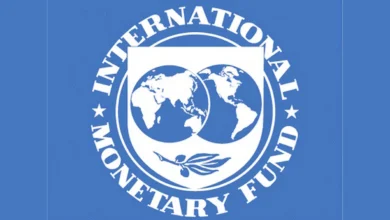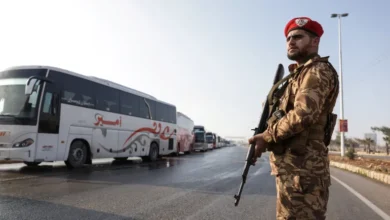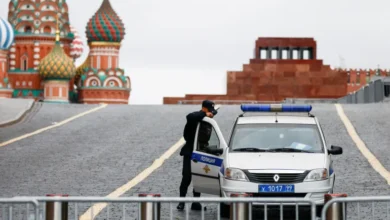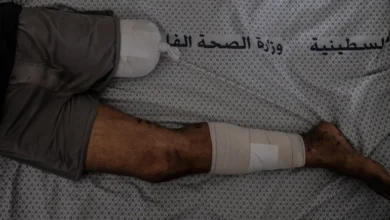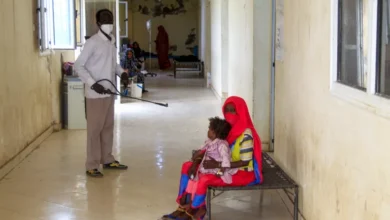Israel hits Yemen’s infrastructure again: What we know and why it matters
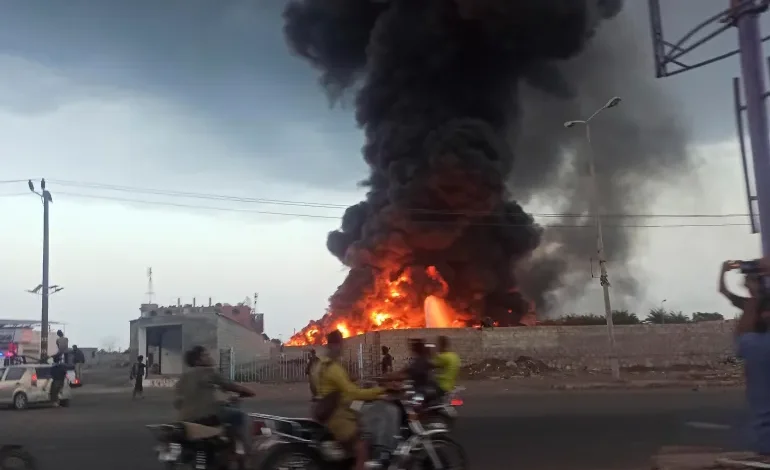
The Israeli military has carried out huge air attacks on Yemen, a country more than 2,000km (1,240 miles) away, for the second time in over two months amid escalating regional tensions.
Major ports and power stations operated by the Iran-backed Houthis were bombed, as Israel has expanded attacks from Gaza to Lebanon and Yemen, targeting the so-called “axis of resistance” – a regional network of armed groups backed by Iran. Sunday’s attack on the Ras Isa and Hodeidah ports resulted in huge explosions that killed at least four people and wounded dozens.
This comes as Israeli warplanes continue to pound the Gaza Strip and Lebanon to devastating effect on a daily basis. More than 41,000 Palestinians have been killed in 11 months of relentless Israeli attacks on Gaza. More than 700 people have been killed in Lebanon in eight days of bombardment.
So what do we know about the latest Israeli attack on Yemen and will it lead to a wider regional conflict?
What was hit?
The Israeli military said it used “dozens” of military aircraft, including fighter jets and refuelling planes, to attack seaports and power plants “which are used to import oil for military use by the Houthi terrorist regime”.Large-scale power outages have been reported in the aftermath, and some of the fuel tanks that were damaged in Israel’s first attack on Yemen on July 20 seem to have been hit again.The Israeli military notified their US counterparts before the strikes, according to the US-based Axios website, which quoted unnamed Israeli and US officials. Al Jazeera could not independently confirm the news report.
What about the humanitarian risks?
There is a major humanitarian aspect to hitting the Hodeidah port, as well. Up to 80 percent of all goods, including food and medical aid, enter Yemen through the vital lifeline.
Much of the country’s population needs humanitarian aid after about a decade of war that followed the Houthi group’s armed uprising. Famine is looming in parts of the country, according to the United Nations.
The United States and United Kingdom have also relentlessly bombed areas across Yemen hundreds of times to weaken the Houthis since the start of the war on Gaza.
In August, Human Rights Watch (HRW) reported that the July strikes on Hodeidah port by Israel constituted an indiscriminate and disproportionate attack on civilians that “could have a long-term impact on millions of Yemenis” and may amount to a war crime.
The Houthis’ Transportation and Public Works Ministry said in a statement that the attack is a “clear attempt to deepen the Yemenis’ suffering by targeting vital facilities that serve millions of citizens”.
Why is Israel attacking Yemen?
Israel’s Western allies have been pounding Yemen for months to deter the group from attacking Israel-linked ships passing through the strategic Bab al-Mandeb Strait in the Red Sea, disrupting a vital shipping route.
The Israeli military has taken direct action on two occasions so far after the Houthis launched projectiles on Israel.
The July strikes came shortly after the Houthis managed – for the first time – to crash an explosives-laden drone into Tel Aviv. The drone managed to evade air defences by flying low and circling back over the Mediterranean Sea, and left one person dead and several injured.
On September 17, the group – also known as Ansar Allah – successfully hit central Israel again, this time using what they described as a “hypersonic missile”.
The Palestine-2 ballistic missile reached Israel in about 11 minutes, and air defences failed to intercept it.
The Israeli attacks on Sunday came a day after the Houthis fired another Palestine-2 missile, claiming to have targeted Ben Gurion Airport during the arrival of Prime Minister Benjamin Netanyahu from the United Nations General Assembly meeting in New York. The Israeli military said the missile was intercepted.
The strikes were likely meant as a signal to the Houthis to try to deter them from attacking Israel, according to Thomas Juneau, an associate professor at the University of Ottawa’s Graduate School of Public and International Affairs.
“With Hamas severely weakened and Hezbollah destabilised and suffering important losses in the past few days, Israel probably assesses that the Houthis will become an even more important Iranian partner in the axis of resistance. Israel therefore wants to signal to the Houthis that it has the capability to impose much more damage on them than the Houthis can impose on Israel,” he told Al Jazeera.
The expert pointed out that most Houthi projectiles have been shot down by Israel, while the Houthis do not possess the ability to counter the Israeli attacks. But he believes the Houthis will not be deterred.

